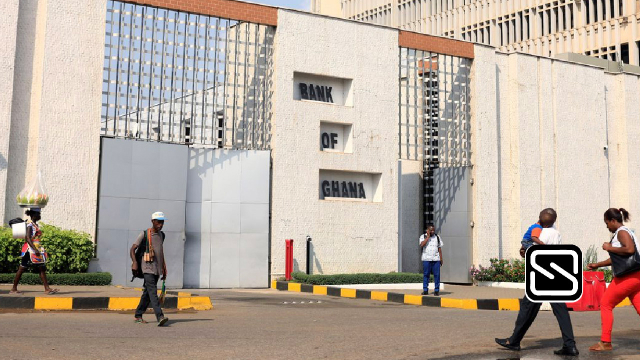The Bank of Ghana (BoG) is to develop a comprehensive framework to regulate the digital asset industry, Governor, Dr Ernest Addison, has said. The action, he claimed, was in keeping with the public’s growing interest in and use of digital and virtual assets, also known as cryptocurrencies.
Dr. Addison made this announcement at the Chartered Institute of Bankers Ghana 2022 Annual Bankers’ Dinner Day, also known as Governor’s Dinner Day, which was held in Accra last week. Dr. Addison gave the keynote address at the event and discussed the rise of crypto currencies on the African continent as well as recent headlines about innovation and disaster.
“Given the recent trends, the BoG initiated processes to actively study and monitor cryptocurrency and related technologies and models such as blockchain, decentralised finance and stablecoins. The bank has subsequently gained institutional understanding of the concepts, monitored global market developments, and reviewed several regulatory and global standards setting bodies across various jurisdictions, including the Financial Action Taskforce, Financial Stability Board, the Basel Committee on Banking Supervision,” the Governor stated.
The bank’s most important conclusion from all of this is that cryptocurrencies are digital assets, not money. Additionally, despite the fact that cryptocurrencies carry other significant risks like volatility, cyber-theft, loss of funds, and potential threats to financial stability, an outright ban on cryptocurrencies has not been successful, largely because of their decentralized and borderless nature.
“Consequently, the bank intends to continue to allow blockchain in the regulatory sandbox, as the first step while we continue to explore a comprehensive regulatory framework for the digital asset industry”, Dr Addison stated.
He claimed that despite the decision to create a framework for regulating cryptocurrency assets, the bank continued to stand by its prior warnings to the public about the risks involved with cryptocurrency transactions.
“Interested parties need to be wary about potential losses that could occur when trading in crypto currencies. The bank equally stands by its directive as per the Notice issued on March 9, 2022, that all licensed institutions including banks, specialised deposit-taking institutions, dedicated electronic money issuers and payment service providers should refrain from facilitating cryptocurrencytransactions via their platforms or agent outlets,” Dr Addison stated.
The Governor stated that as online business transactions increased, so did the frequency of cyberattacks, mobile money fraud, and automated teller machine fraud.
He claimed that in order to prevent these activities from becoming ingrained and undermining the drive toward digitisation, the bank established a Financial Industry Command Security Operations Center (FICSOC) in 2018.
“In this regard, the bank has worked closely with the industry to complete a state-of- the-art FICSOC infrastructure, which is expected to be fully operational in the first quarter of 2023,” Dr Addison stated.
The Governor stated that the FICSOC would help with identifying threats in the banking sector through proactive monitoring, strengthening the cybersecurity posture of member institutions, sharing cybersecurity threat intelligence to improve resilience and incident management, and conducting digital forensic investigations when necessary.
